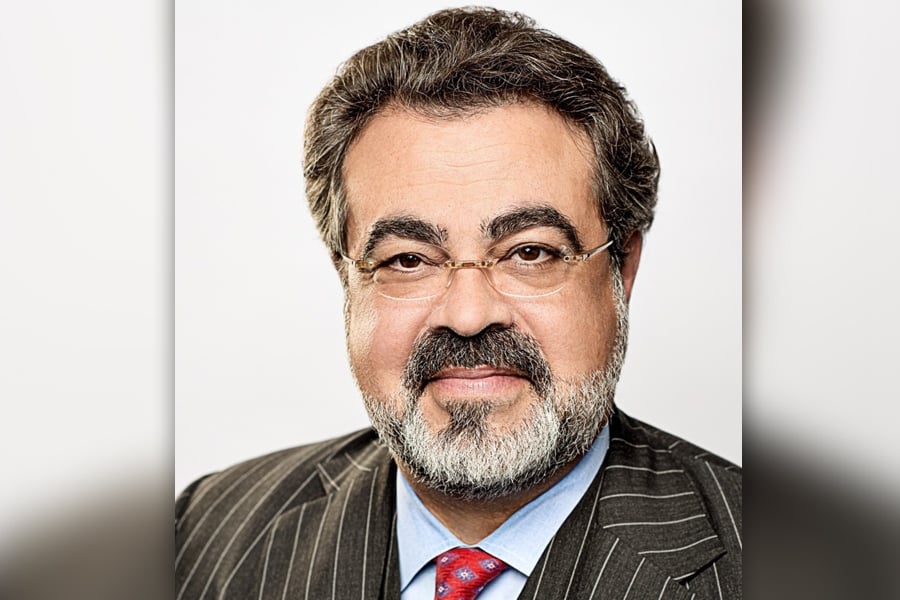

The first time Finra chair Eric Noll opened an options account, the 60-page disclosure was TLDR — too long, didn’t read.
“It went right into the trash can,” Noll, CEO of Context Capital Partners, said Thursday at the Financial Industry Regulatory Authority Inc.’s annual conference in Washington. “Never read it. Never paid attention to it. We haven’t evolved too much away from that.”
The need for brokerages to do a better job of explaining complicated products like options was one of the industry challenges Noll highlighted in a discussion with Finra CEO Robert W. Cook.
“We do it in a way where they’re virtually unreadable,” said Noll, who heads the 21-member board of governors of Finra, the broker-dealer self-regulator.
Finra launched an exam sweep on options trading a couple of years ago and has joined the Securities and Exchange Commission in increasing its scrutiny of financial advisors’ recommendations of complex products.
The increased regulatory efforts come amid calls by the industry and many lawmakers to open private markets more widely to retail investors. Proponents argue that doing so gives Main Street investors more opportunity to diversify their portfolios and take advantage of the growth of start-up companies.
But state and federal regulators have warned that private placements also are consistently the source of investor harm.
“We have to really think about what that means to disclose risks and be transparent about what we do,” Noll said. “The more democratized our markets become, the more important that’s going to be.”
Another emerging challenge for brokers is social media communications, Noll said. He noted that although the investment sector hasn’t been roiled as badly as regional banks by rumors that were started on Twitter and other platforms, brokerages must be prepared to respond to misinformation.
“I don’t think we as an industry have figured out how to do that,” Noll said.
Noll emphasized that brokerage industry must make more progress on diversity. He cited Finra observations that African Americans are more likely to invest in cryptocurrency than in public equities despite the collapse of the FTX crypto trading platform and other digital asset dangers. He attributed the trend to the fact that underrepresented investors don’t see themselves reflected in the traditional markets.
“They feel like they’re safer in the crypto space,” Noll said. “It’s completely opposite of what it should be. We need to … make sure everyone is getting the benefit of our regulation and the benefit of safer markets.”

Firms are facing increasing scrutiny over whether they can be held responsible for losses by clients whose ability to understand their investments has been compromised.

Decision deepens the two firms’ decade-long relationship

Linqto Inc. was one of the first tech platforms to promise access to small investors into the high-risk, high-reward world of private investments.

Since Vis Raghavan took over the reins last year, several have jumped ship.

Chasing productivity is one thing, but when you're cutting corners, missing details, and making mistakes, it's time to take a step back.
Stan Gregor, Chairman & CEO of Summit Financial Holdings, explores how RIAs can meet growing demand for family office-style services among mass affluent clients through tax-first planning, technology, and collaboration—positioning firms for long-term success
Chris Vizzi, Co-Founder & Partner of South Coast Investment Advisors, LLC, shares how 2025 estate tax changes—$13.99M per person—offer more than tax savings. Learn how to pass on purpose, values, and vision to unite generations and give wealth lasting meaning
